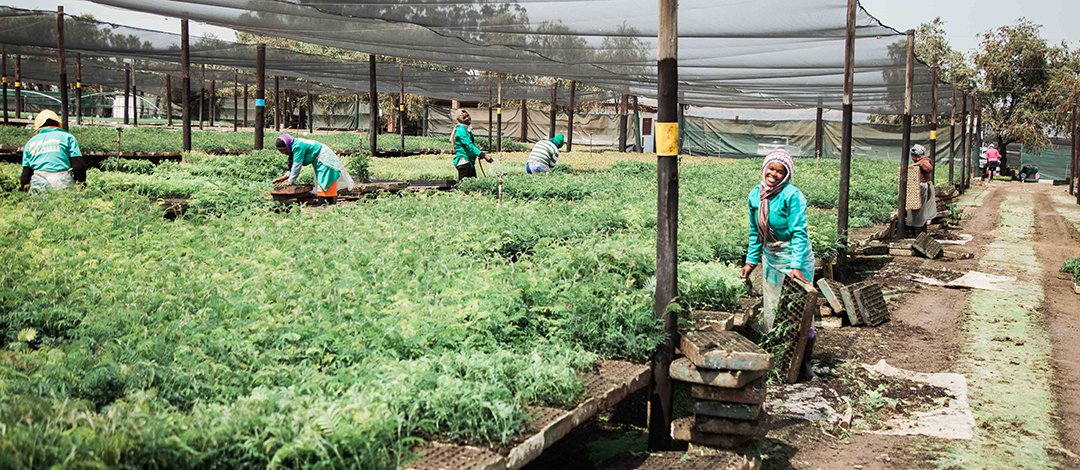
EEP Africa received a total of 530 applications in the 14th Call for Proposals (CfP14) in 2018. The applications represent a wide variety of project types, technologies and geographical areas and amounted to cumulative project value of EUR 1 billion. This far exceeded expectations and is five times the average number of applications received in the previous eight EEP Africa calls (2013 – 2016). The broad spectrum of applications received provides an interesting and useful overview of the current market situation and emerging trends in the renewable energy sector in Southern and East Africa. With CfP15 currently open until 2 April 2019, EEP Africa wants to highlight a few of the market insights from the previous call. A more comprehensive report on the market insights obtained from CfP14 will be published in the coming months.
High demand for early-stage financing
The high interest in EEP Africa’s CfP14 suggests strong growth in the renewable energy sector in Africa. However, it also demonstrates a continuing need for concessional financing for early-stage projects and business development. EEP Africa aims to add value for start-up interventions and based on the response rate, it is apparent that financing for early-stage projects is needed. EEP Africa also continues to support projects that are ready to scale up their business. Thirty-five per cent of the applications under CfP14 were submitted by companies expanding the scale of their business to leverage other forms of investment financing, and buying down risks. Similarly, the applications demonstrated the differences in the renewable energy markets in the 15 EEP Africa countries in terms of development and innovation. EEP Africa aims for a diversified portfolio and the breadth of technologies, geographical focus, and business models proposed support us in achieving this goal.
Innovations in off-grid solutions
The range of stand-alone solutions and products is growing rapidly and consequently close to half of all applications in CfP14 included such systems. Solar PV technology is clearly dominating the renewable energy market with 38 % of all applications using solar PV as their primary technology. Hybrid models were included as the second-largest group of applications and it is evident that the use of hybrid technology reflects the innovative combination of technologies to strengthen business models, ensuring continuous generation capacity and testing new technology adaptions. Noteworthy is also that battery technologies are more commonly being adopted in various types of projects. The volume of mini-grid applications received in CfP14 appears to align with the recent keen interest from project developers, financiers and governments in developing the model as a financially viable off-grid solution. Mini-grid applications represented close to 25 % of all applications with almost half of the proposals planning to use solar PV. Mini-grid developers are putting increased efforts on productive use of energy, combining mini-grid development with the sale of energy-efficient appliances or establishing local business hubs as a means to improve financial viability. Based on the numerous applications from small-scale hydropower mini-grid projects, building the business case is fundamental. It has given rise to innovations by adopting a portfolio approach, stimulating community development, and increasing local productive use. The business models in clean cooking are developing and adapting lessons learned from Solar Home System (SHS) business models. The main innovations are the introduction of PAYG solutions, smart metering and multiple services, including lighting and mobile charging.
Women’s significant role
A key aspect of fostering sustainable and inclusive growth and contributing to the achievement of the SDGs is the promotion of gender equality in all projects and sectors of EEP Africa. The current CfP15 is gender themed and thus it is worthwhile to draw inspiration from the results of CfP14. The CfP14 applications indicated that the sector recognises the importance of women in participating as employees and as key users of energy services. Most of the applicants stated that 25-50 % of their project workforce are women. One third estimated a greater than 50 % share of women as employees, leaders and entrepreneurs in their value chains. EEP Africa is looking forward to applications from CfP15 that take this trend further and hopes these brief market insights provide further motivation for you to apply.


